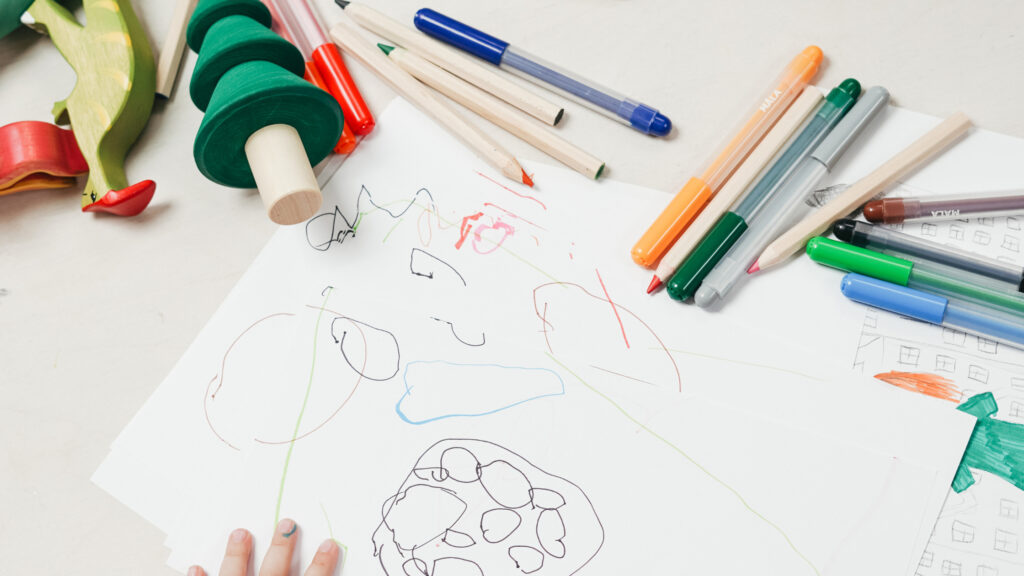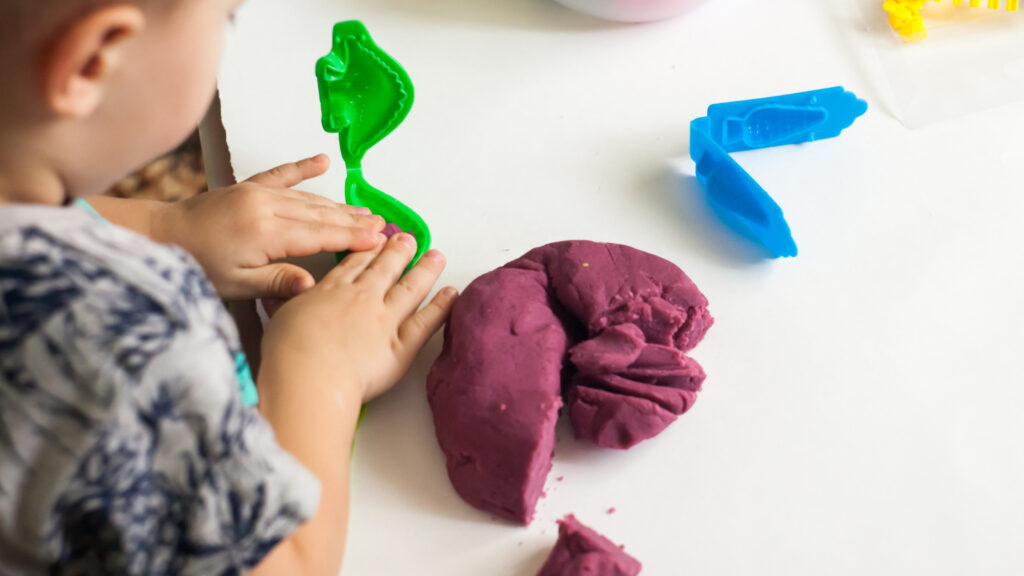Play Therapy And Autism Spectrum Disorder
One of the key benefits to play therapy is that it gives your child the space to be a leader. Your child is able to receive support from their play therapist using varying strategies. Play therapy strengthens autonomy and improves self-confidence.
If your child is on the Autism Spectrum (ASD), play therapy can be a beautiful and clinically effective form of therapeutic support. Play therapy provides your child with a warm environment that encourages authenticity and natural growth. Your child does not have to feel the pressure to be anyone other than themselves.
Autism Spectrum Disorder is defined by holding behavioral and social symptoms that can be supported by play therapy. Your child may find it challenging to express their thoughts and feelings in a way that others can understand. In addition, you as their parent may hold the same experience in struggling to comprehend what your child is going through.
Play therapy can help your child with
- Processing anger in a healthy and constructive way.
- Help with concentration such as when at school.
- Understanding why they are experiencing certain feelings.
- Improving self-confidence.
- Addressing and improving self-esteem.
- Developing strength with acceptance of their feelings.
- Attention Deficit Hyperactive Disorder (ADHD).
- Processing grief and loss.
- Getting along with others such as peers at school or siblings.
Click here for a supportive podcast listen on Autism

5 Ways Play Therapy Can Help Kids With Autism
1. Play therapy improves social interaction skills.
Play therapy can help your child learn how to engage in social interaction in a healthy way. This is done by the play therapist utilizing in therapeutic strategies such as role-playing or using toys or action figures to resemble real-life scenarios. When your child works with a play therapist they are able to develop social development skills that directly support them in building healthy relationships at home, school, and in other areas of life.
2. Play therapy improves social skills and social development.
Social skills training is a key component of play therapy. Your Child’s play therapist is able to support your child with social growth. Imagine your child in a counseling session playing with toys with the play therapist. Here is what is happening when the focus is on social skills training. Your child’s play therapist is using the toys to facilitate common interaction. Your child is able to practice taking turns, expressing frustration such as when losing, and guidance with redirection. The skills that your child develops can help them build success in key areas of their life.
3. Play therapy helps your child navigate feelings.
Your child is able to work with the play therapist to gain practice in learning how to explore their feelings. The play therapist can use tools such as a sand tray or puppets to give your child the opportunity to navigate emotions.
4. Play therapy strengthens your independent skills.
Play therapy can provide your child with directive play strategies. A typical session that utilizes directive play is when the play therapist encourages independent work while observing your child. This space provides your child with support in developing self-confidence, navigating feelings, exploring emotions, and improving social skills.
5. Play therapy can help parents support their kids.
As a parent, I know that you love your child and want the very best for them. Parents can benefit from learning what takes place in a play therapy session. A play therapist can provide parents with educational resources and strategies that can be used at home. This way you are able to help your child during day-to-day activities and interactions.
Benefits to play therapy:
- Express thoughts and feelings.
- Learn how to process feelings.
- Manage anger and frustration.
- Learn to utilize symbols to express emotions.
- Explore feelings.
- Strengthen relationships with others.





